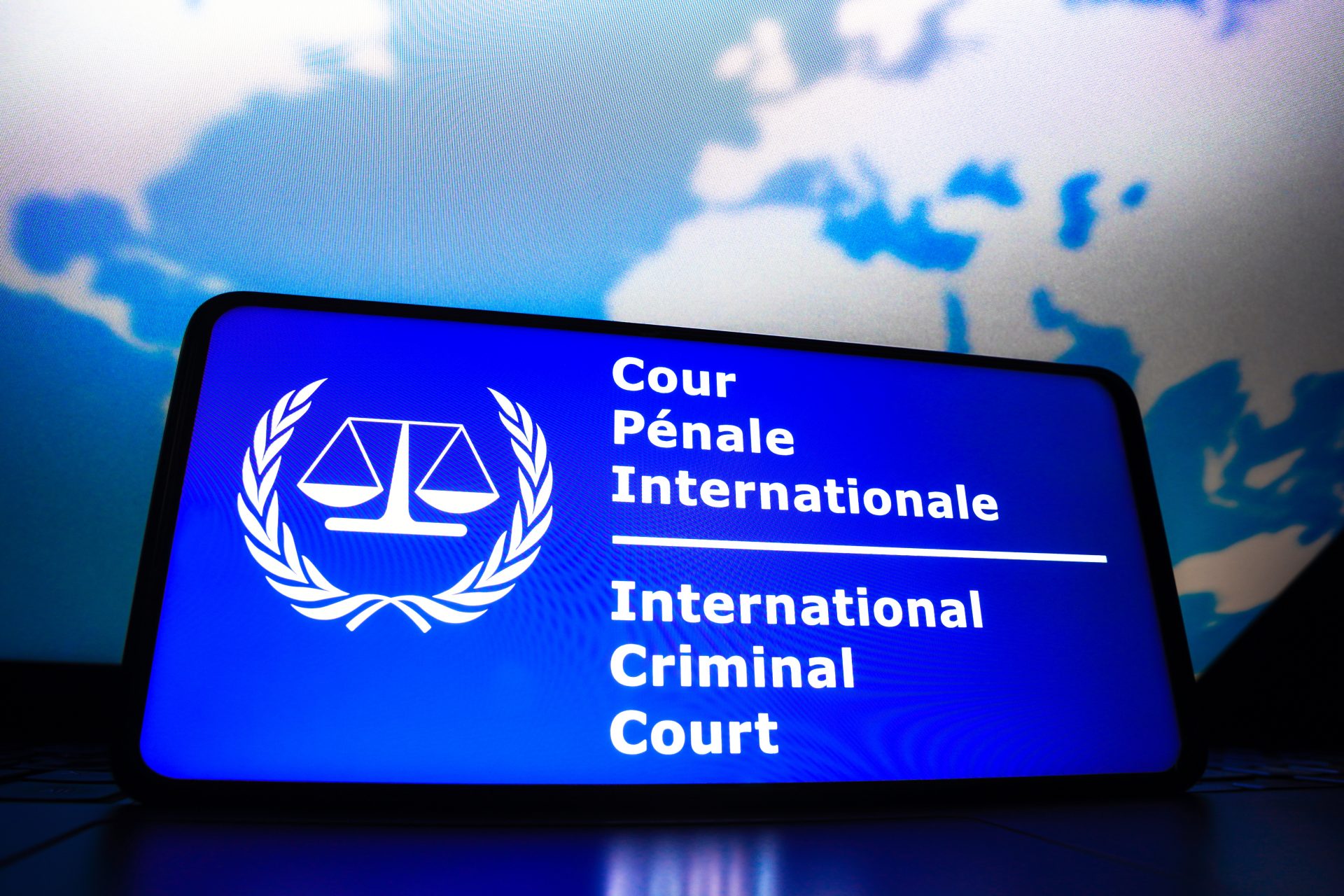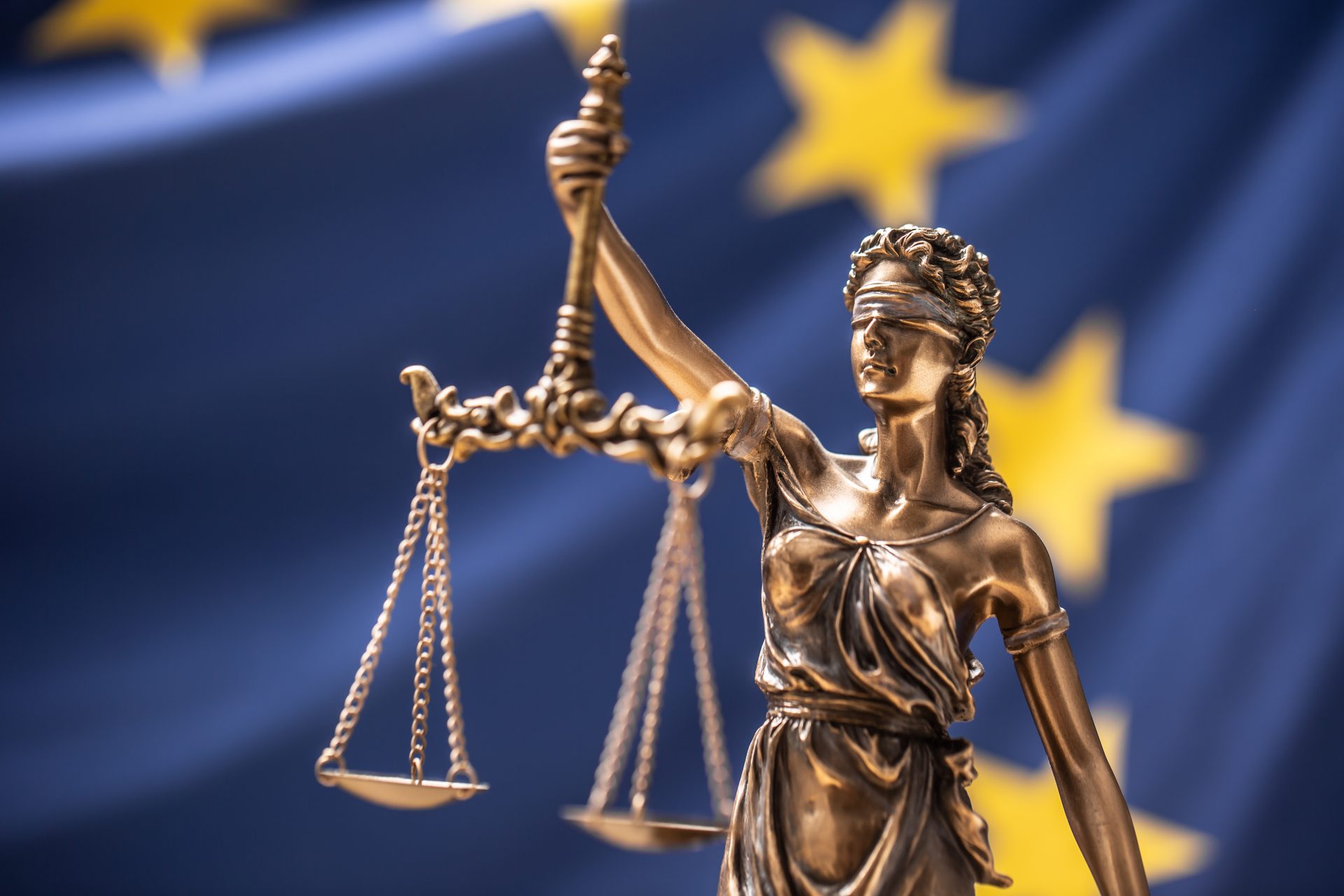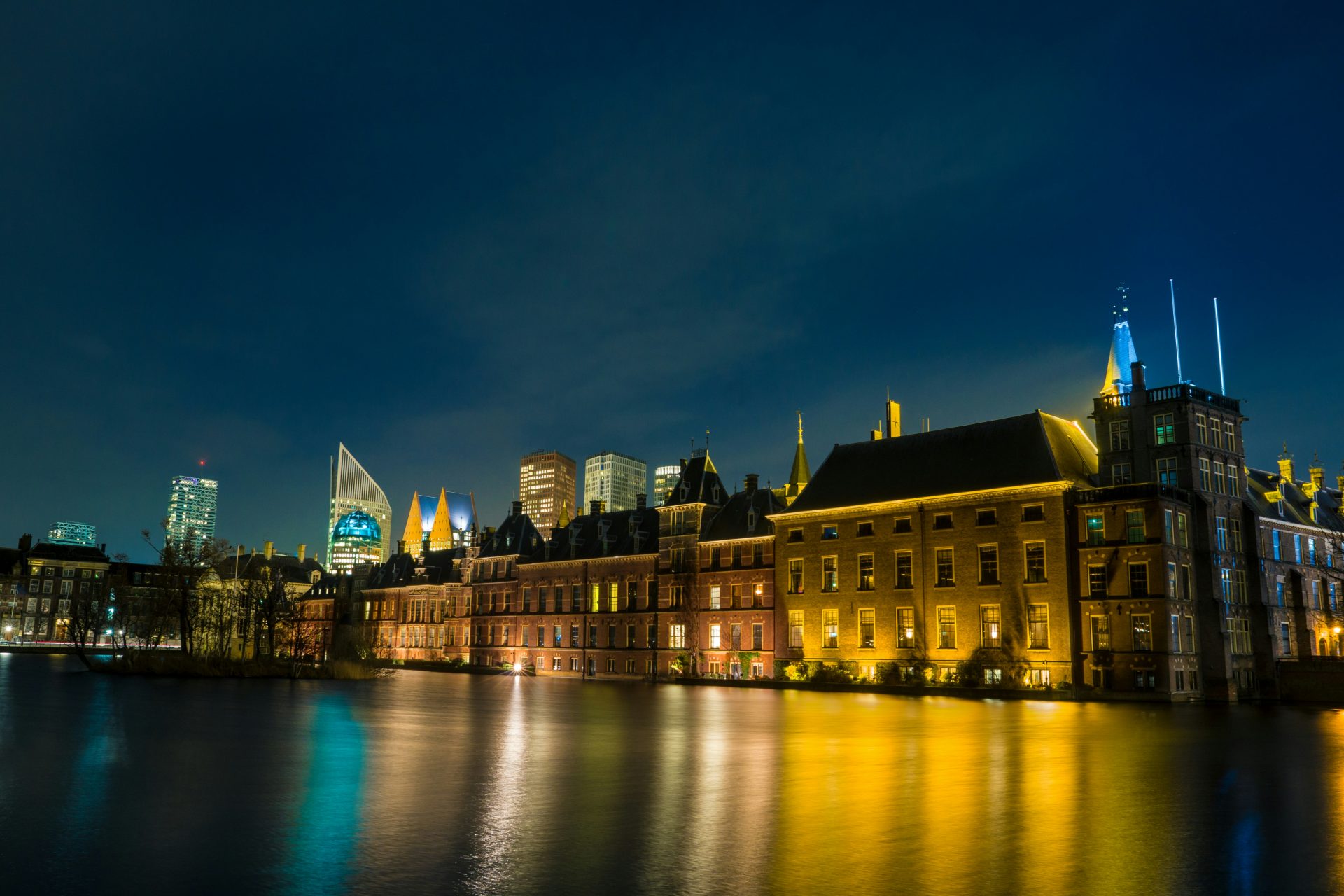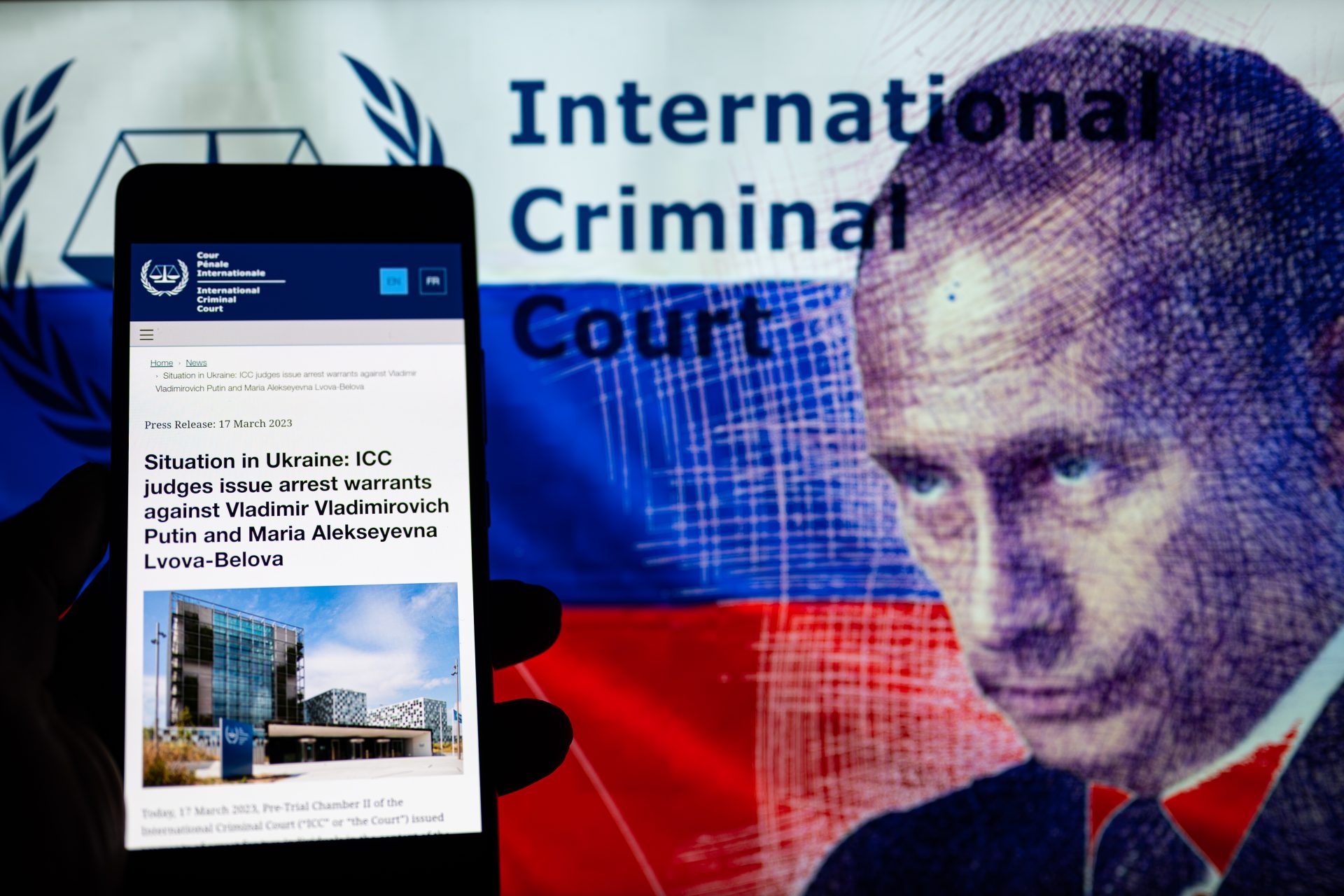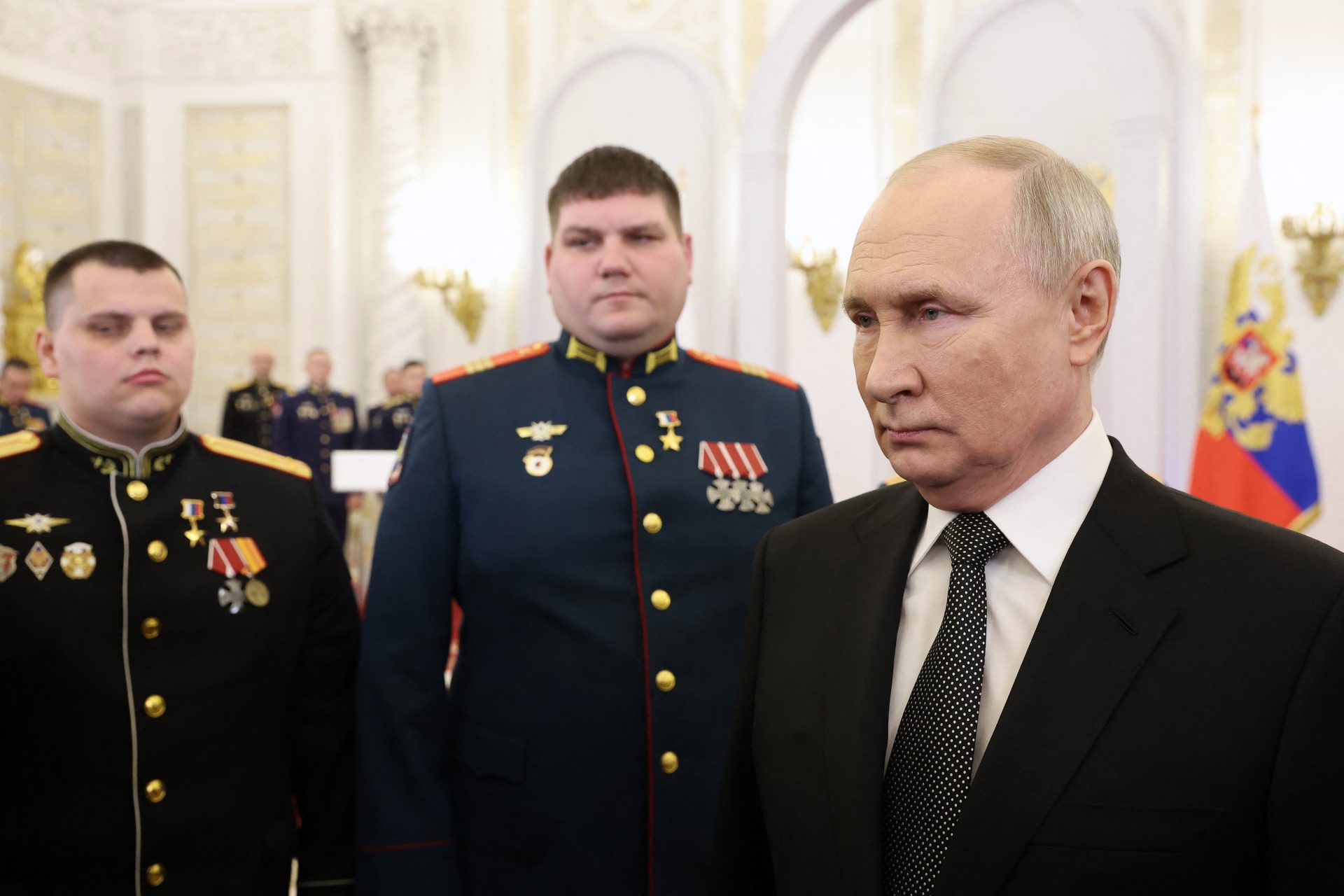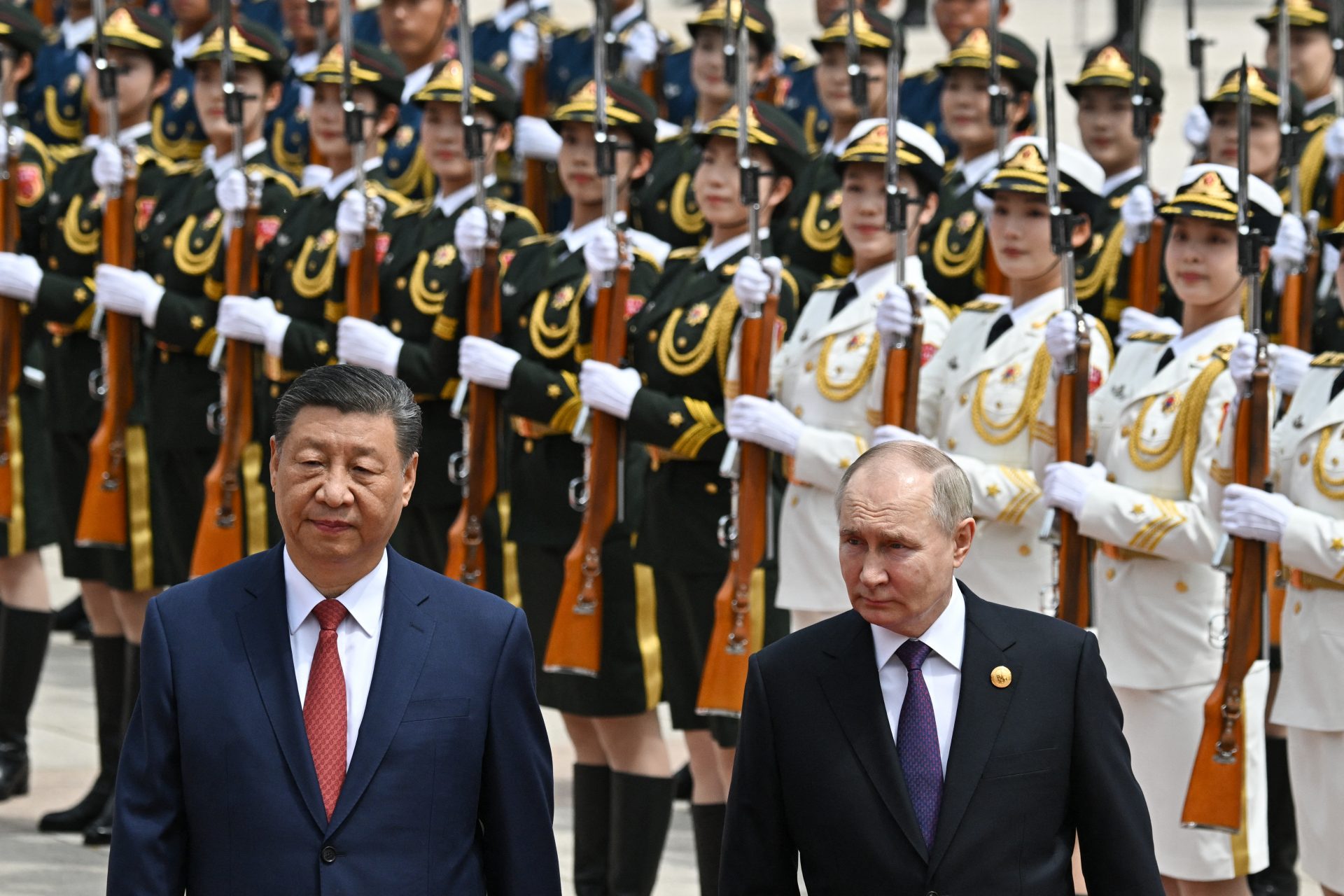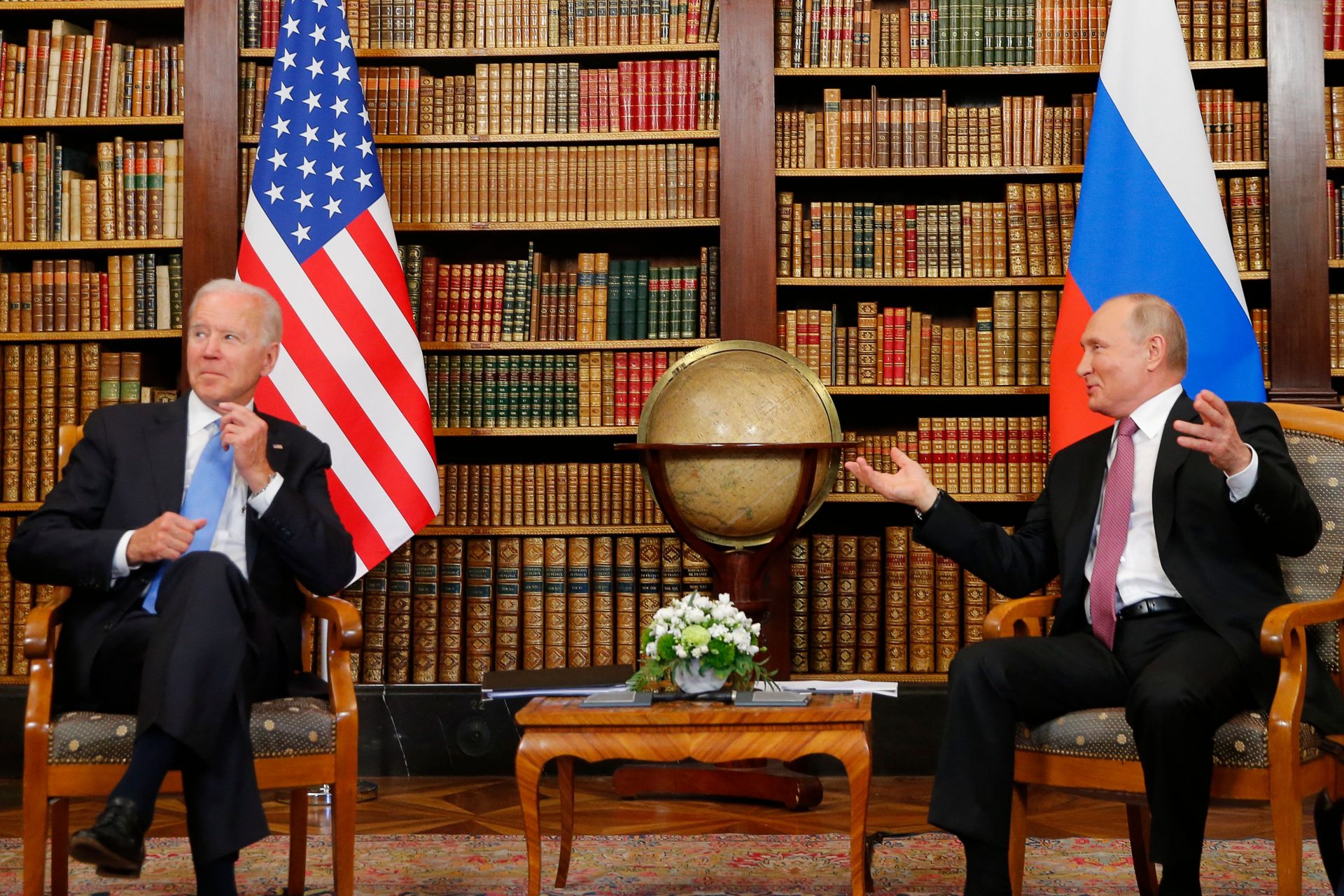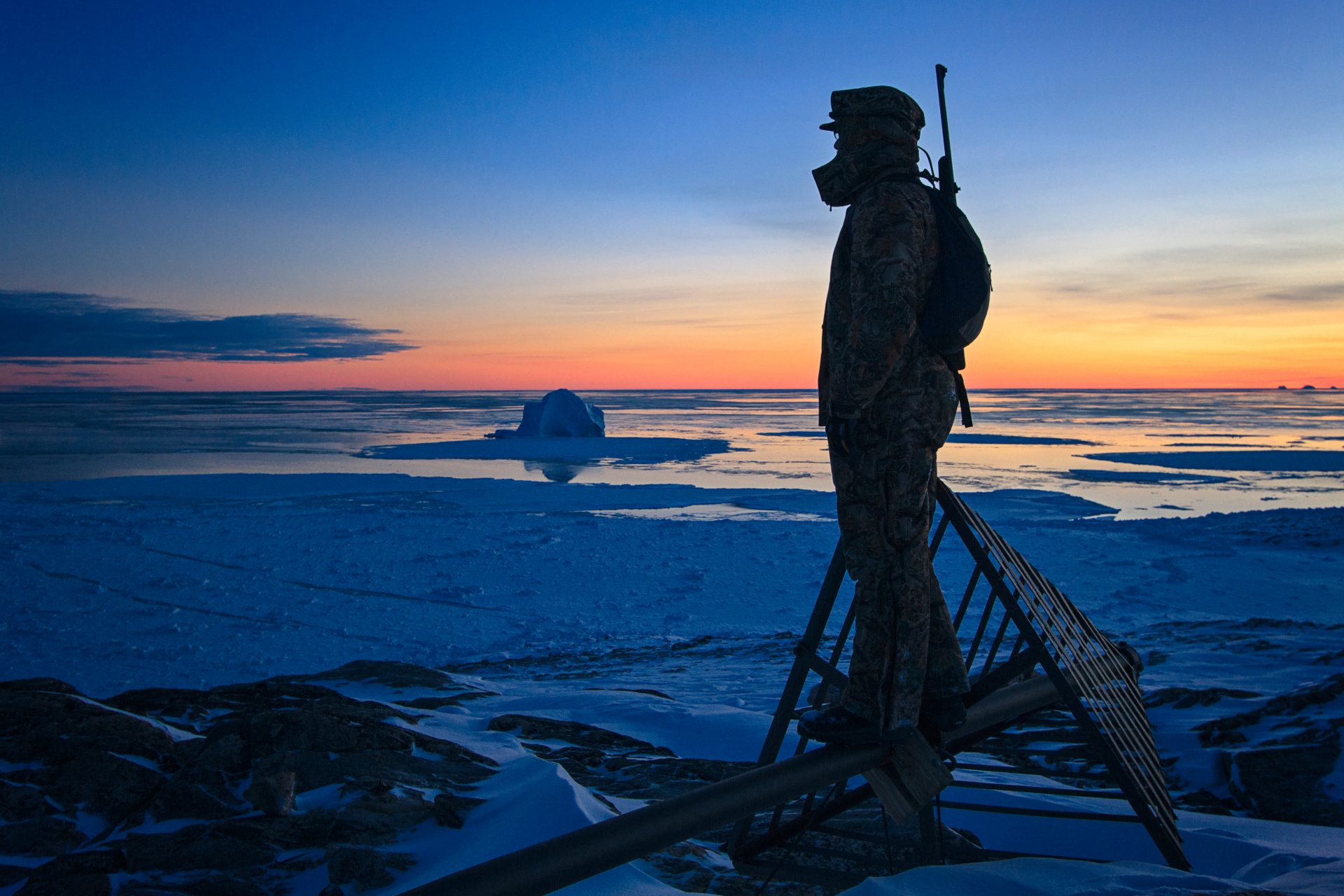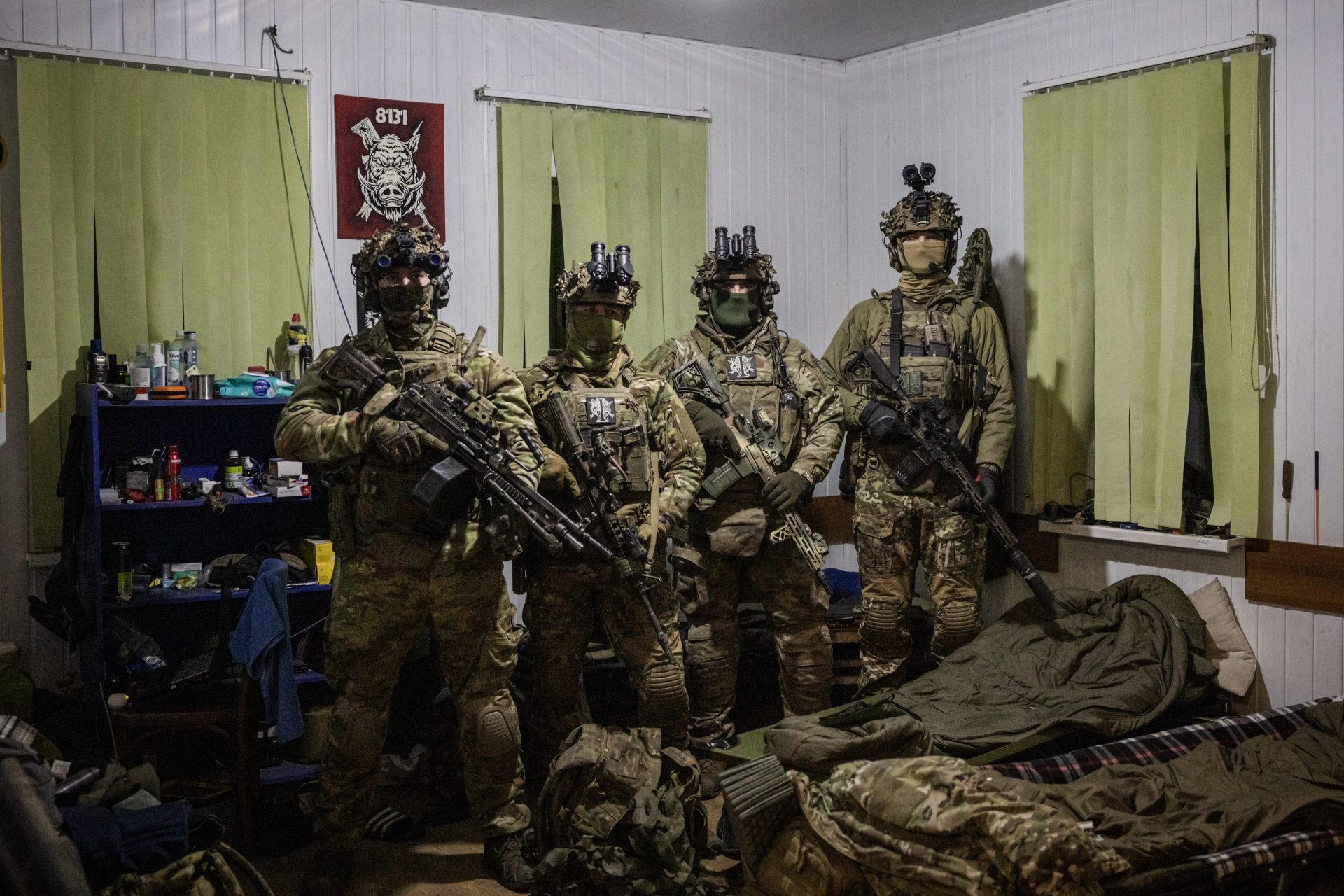What is the International Criminal Court? Can they arrest Biden or Putin?
You probably have heard in the news about the International Criminal Court investigation of genocide and war crimes or issuing an arrest warrant. But do you really know where it comes from and how far-reaching is its authority?
The International Criminal Court (ICC) was established on July 18, 1998, after 120 countries adopted the Rome Statute, establishing a permanent global judiciary to prosecute the most serious crime committed in their territories.
However, it’s important to highlight that the institution is not a substitute for national courts. Rather, the ICC is meant to intervene when a country is unable or unwilling to investigate and prosecute perpetrators.
The direct predecessor of the International Criminal Court was the Nuremberg Trials, in which high-ranking government officials of Nazi Germany were prosecuted and executed for their involvement in the Holocaust.
The idea of having a global judiciary to investigate and prosecute the most heinous crimes was popular, but impossible to apply due to the tense and polarized political reality of the Cold War.
Located in the city of The Hague, in The Netherlands, the International Criminal Court focuses on cases involving genocide, war crimes, crimes against humanity, and crimes of aggression.
Image: ruddymedia / Unsplash
However, ICC’s powers are limited. Human Rights Watch explains that citizens from non-member states can only face trial if they are suspected of committing a crime against a member state, its people, or within the territory of a member state.
Quite a few important countries are not ICC members, including three out of five countries sitting in the permanent UN security council: United States, Russia, and China. India, which along China is one of the most populated countries in the world, is also not a signatory of the Rome Statute.
For example, on March 17, 2023, the ICC issued an arrest warrant for Vladimir Putin in a case involving the forced transfer and deportation of children during the Russo-Ukrainian War. So far, they can't do anything about it.
According to The Washington Post, in most cases, the court cannot successfully carry out investigations and prosecute individuals without the assistance of their respective member state.
Image: tingeyinjurylawfirm /Unsplash
This becomes a major problem if people with arrest warrants from the ICC are part of the government or if it’s not in the country’s best interest to send their citizens away to The Hague, such as Putin's case.
Al Jazeera explains that each of the ICC’s 124 member states are obliged to immediately arrest a person wanted by the court if they set foot within their territory.
However, Washington, Beijing, and Moscow, and many others can simply use their international clout to pressure their allies to not enforce the ICC arrest warrant, rendering the court useless.
More for you
Top Stories



